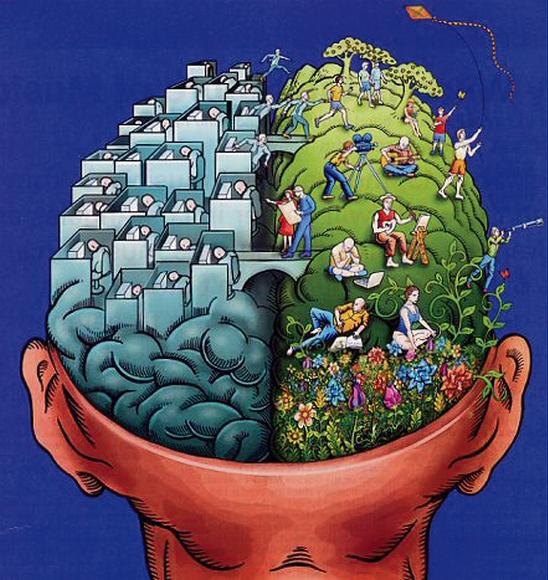LETTER: Stahl’s column about Quran abuse shows disregard for morals, ethics
June 22, 2005
Stephen Aigner
Associate professor
Sociology
Sana Akili
Lecturer
Marketing
In Noah Stahl’s June 7 column, “Circus surrounding Quran abuse is ridiculous,” he seems to state that showing respect for another religion’s sacred book is absurd.
In fact, he posits, the abuse of the Quran merits even less attention than the Michael Jackson trial. Focusing on the abuse of the Quran indicates, according to Stahl, how ridiculous cultural relativism goes too far.
We agree with Stahl that media coverage of the Jackson trial tests our credulity, but his other opinions demonstrate an unacceptable, even arrogant, disregard for one of the most agreed upon standards of Judeo-Christian ethics.
In the first century, Palestine Rabbi Hillel (Shabbat, 31a) responded to a Pagan that the whole of the Torah was contained in one phrase: “Do not do unto others as you would not have done unto you.” Christians know this as the “Golden Rule.”
Believers or governments representing believers who follow the teachings of a prophet and the words of a sacred scripture are obliged to show the same respect for another’s sacred text as they expect others to show for their text.
Those who seek to learn and understand other religions know that the God of Abraham is the same God of Moses, Jesus and Muhammad. There is The One God; that’s why these three faiths are monotheistic. Muslims believe the Quran is the word of The One God.
The Quran means as much to the inner life of a Muslim as the cross, the sacraments and the resurrection mean to a Christian or, in a secular vein, as much as the American flag means to a patriot. The Quran is much more than a mere book.
To argue that showing respect for the religion of another is culturally relativistic contradicts the very basis of Judeo-Christian belief. Americans are concerned that disrespect of the Quran was done in their name, that for our government disrespect of the Quran is OK because the end justifies the means.Some are not even sure if the Guantanamo prisoners are “terrorists.”
In addition to an interrogation climate that permitted abuse of the Quran, our government seems unwilling to account for its noncompliance with international law and commonly accepted standards of human rights.
Just as Stahl wonders about cultural relativism, we wonder about the moral relativism of U.S. policy and treatment of prisoners at Abu Ghraib and Guantanamo Bay in our name.






